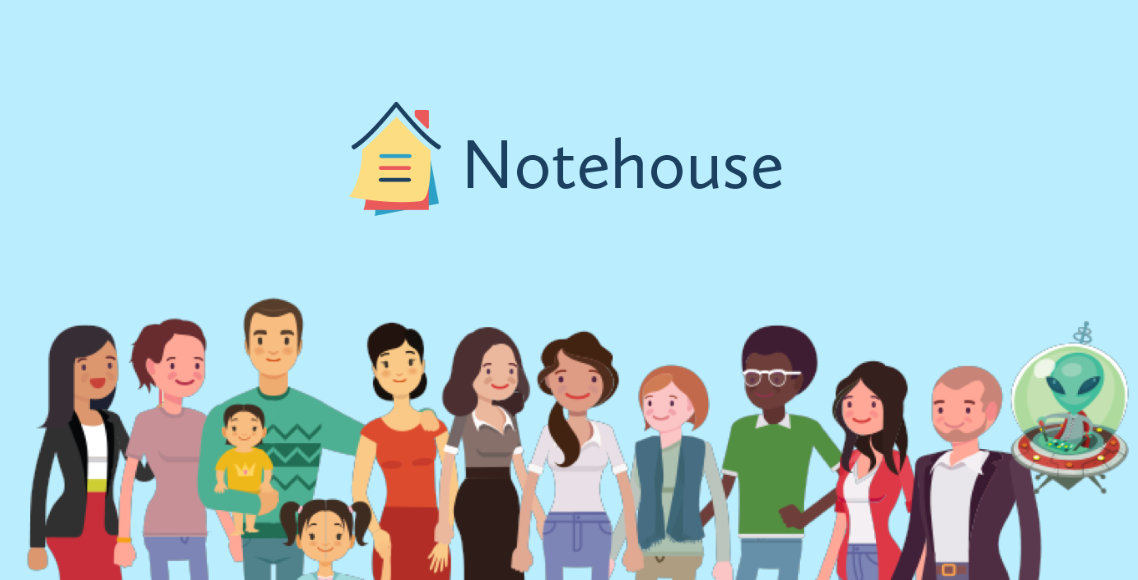Social Worker Self Care: 4 Ways to Relax
.png.png)
Nobody goes into social work for the money or the luxury spa weekends, and that’s probably good: you’re definitely not getting an abundance of either in this people-forward, service-oriented career. The irony is that, of all the professionals out there who deserve some TLC for the meaningful, difficult, and life-affirming work they’re doing for their fellow humans, social workers deserve it more than anyone. They’re dedicated to stepping in and helping people facing the worst of circumstances, and they are the front-line, face-to-face caregivers for families who have been pushed to the margins and limits of mainstream society.
For better or worse, getting some R&R is something most social workers need to take care of on their own, and that means making self care a part of your daily routine. Every day is going to bring unexpected challenges, emergencies, and tragedies that can turn your world upside down; the little things you do for your health and well-being can be the difference between staying on top of the stress and getting crushed under its weight.
It’s time to make the most important human in your life a priority: you! Here are the 4 best social worker self-care activities that will keep you energized and attentive for all those important moments when your clients need your undivided attention and support.
1. Practice Relaxation, Don’t Just Preach!
Social workers are incredible at helping others manage stress and strain, but they are notoriously bad at taking care of themselves. Exercise and healthy eating are priorities you should definitely build into your schedule, and that means physically penciling them into your planner—not just telling yourself today’s the day.
Like taking good notes with your clients, setting aside time to go for a run, visiting the gym, or even just taking a relaxing walk means that you’re making self care a habit, not just a hobby. In fact, with nutrition and meal prep being such challenges when you’re overloaded, a simple meal delivery program can be just the thing for filling your life with some delicious and healthy R&R. Martha Stewart & Marley Spoon make customizing a few meals a week easy, and there are plenty of companies that can cover any taste from fine dining to functional.
These simple habits and solutions can pay big dividends for your overall health and well-being down the road. You’ll recover from the hard days faster, be ready to hit the road on your days off, and have more energy and enthusiasm when you need to be “on” for your clients.
2. Engage in Mindfulness
Mindfulness is the art of putting your worries and troubles aside when they aren’t in your face, by giving yourself permission to experience the moment you’re actually living. Social workers often have a lot of baggage that comes home with them, and if they aren’t careful the painful challenges their families experience can quickly overwhelm their time away from the office.
Practicing mindfulness techniques such as body scanning, meditation, and breathing exercises can restore your equanimity, reduce anxiety, and create a more restful state of mind that’s better capable of handling life’s challenges. Mindfulness techniques can also help social workers process their client’s needs and perform better on the job; increased mental calm and clarity can boost your memory, increase cognitive flexibility and focus, and help you engage your clients with more empathy and awareness.
If you’ve never tried meditation before, there are a lot of great apps out there that can help you get started. Calm is one of the best, and its simple tracking and guidance interface can help you get more sleep, de-stress, and spend a little more time living in the moment. And if you’re looking to just write down your thoughts, The Five Minute Journal is the perfect tool for daily mindfulness and reflection to keep yourself focused and grounded.
3. Say it With Us: YOGA
Social workers are hard-wired to bend over backward for their clients, but not enough of them do it for themselves! There’s a reason over 300 million people around the world are practicing their daily asanas, and in the United States alone its popularity is up over 50% in the last ten years.
You can easily get your foot in the door (and behind your head) by taking some simple beginner classes, and if you’re intimidated by high temperatures and painful poses don’t sweat it—yoga is all about meeting you where you are, and building progressive flexibility through positive self-image. Plus, there are many excellent Youtube instructors with body-positive and beginner-inclusive content like Jessamyn Staney, Arianna Elizabeth, and YogaWtihAdriene who can give you a low-impact introduction to a new life of freedom, flexibility, and healthy energy to take back to your clients after you roll up your mat.
4. Give Yourself a Technical Upgrade
Investing in some new tech is some of the best social worker self care actions out there, and there are hundreds of ways you can use software, apps, and devices to give yourself some mental space and de-stress your time on the job. Social workers are always running from appointment to appointment, and it can be incredibly difficult to keep track of which client is in front of you today and what you need to do to help them.
Investing in a scheduling app with great reminders can be a fantastic way to free up your brain, and one of the best tools for making your life easier is well-designed note-taking software. You probably can’t count how many times you’ve lost a client’s information and critical details in a stack of papers on your desk, and a great app keeps all of that data in one easy place that makes it simple to access and share with colleagues. There are a lot of options out there, but the best of the best include features like sticky notes (these don’t fall off in your bag!), highly customizable designs to accommodate any social worker’s role, and friendly, narrative-based interfaces that make it easy to find what you’re looking for.
Take a Breath of Fresh Air with Notehouse
Notehouse is the perfect note-taking companion to support a social worker self care routine. Complications from note-taking can add hours to your day and create a lot of stress and friction with your clients and colleagues, and there’s only so much yoga and meditation you can do to take the edge off!
Notehouse’s app makes recording, tracking, and sharing client profiles, information, and notes fast, easy, and reliable so you can rest easy knowing that the humans in your care are being well-served and supported. Try Notehouse for free today, and find out how effortless, affordable, and secure a little TLC for social workers can be.
.png)

.png.png)
.png.png)
.png.png)